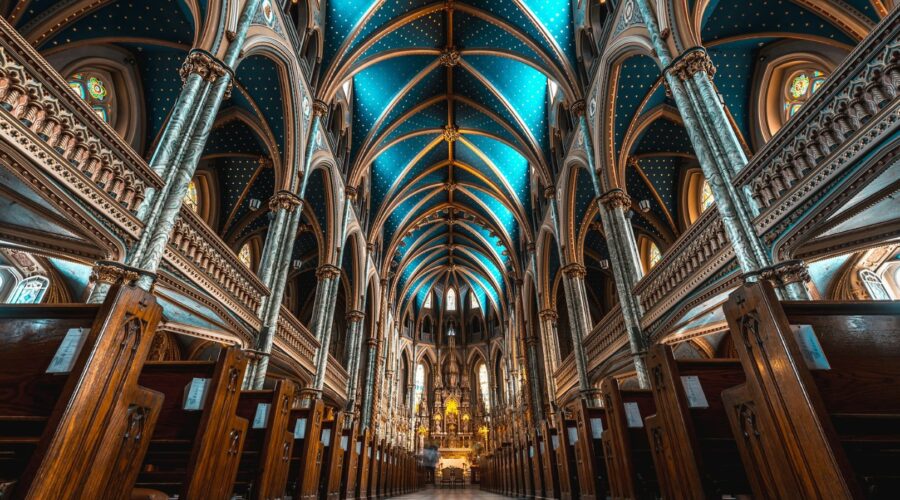Your cart is currently empty!
Our Lady of Guadalupe: A Journey of Faith and Hope

Introduction
The story of Our Lady of Guadalupe is a captivating tale of faith, hope, and divine intervention. It’s a cornerstone of Mexican culture and a beloved devotion for millions worldwide. This blog post delves into the rich history, symbolism, and significance of Our Lady of Guadalupe, exploring her profound impact on individuals and communities.
The Apparitions to Juan Diego
1531 Apparition
The story begins in 1531, when a humble Aztec peasant named Juan Diego Cuauhtlatoatzin was walking Tepeyac Hill, just outside Mexico City. It was here that he encountered a beautiful maiden who identified herself as the Virgin Mary. She spoke to Juan Diego in the Nahuatl language, asking him to build a church on that spot, where a fountain would spring forth. Juan Diego hesitated but eventually agreed.
1532 Apparition
The next day, Juan Diego returned to the hill with his uncle, who was ill. The Virgin Mary healed Juan Diego’s uncle, Juan Bernardino, and asked Juan Diego to return to the bishop of Mexico City with a sign of her authenticity.
The Image on the Tilma
Juan Diego collected flowers from Tepeyac Hill and wrapped them in his tilma, a traditional cloak. When he presented these to Bishop Juan de Zumárraga, the image of Our Lady of Guadalupe miraculously appeared on the tilma. The image is still revered today for its intricate beauty and spiritual significance.
Symbolism and Significance
Virgin Mary
The Virgin Mary is depicted in the Tepeyac apparition as a young, pregnant woman. She is wearing a blue mantle adorned with stars, representing her Immaculate Conception, and a red sash, symbolizing her motherhood. The crescent moon at her feet signifies her dominance over earthly powers.
Aztec Elements
The tilma image also incorporates Aztec symbols and motifs, such as the eagle knight’s headdress and the sun rays. This blending of cultures reflects the Virgin Mary’s role as a bridge between the indigenous people of Mexico and the Spanish colonists.
Fountain of Life
The fountain that miraculously sprang forth at Tepeyac is symbolic of the living water that flows from Christ and his Church, quenching the thirst of those who believe.
Historical Impact
Conversion to Christianity
The apparitions of Our Lady of Guadalupe had a profound impact on the evangelization of Mexico. The miraculous image and its message of hope and love played a key role in the conversion of millions of indigenous people to Christianity.
Declaration of Independence
Our Lady of Guadalupe became a symbol of Mexican national identity during the struggle for independence from Spain. Father Miguel Hidalgo y Costilla, a leading figure in the independence movement, carried a banner depicting the Virgin Mary of Guadalupe into battle.
Basilica and Pilgrimage
In 1976, Pope Paul VI declared the Basilica of Our Lady of Guadalupe a minor basilica. It is now one of the most visited pilgrimage sites in the world, attracting millions of pilgrims annually.
Devotion and Miracles
Our Lady of Guadalupe continues to be a beloved object of devotion for Catholics worldwide. Numerous miracles have been attributed to her intercession, including healings, conversions, and the protection of Mexico from disasters.
Conclusion
The story of Our Lady of Guadalupe is a testament to the power of faith, the beauty of diversity, and the enduring legacy of divine intervention. As we reflect on her message of hope and unity, may we find inspiration and strength to navigate our own journeys with faith, compassion, and a love for our fellow human beings.